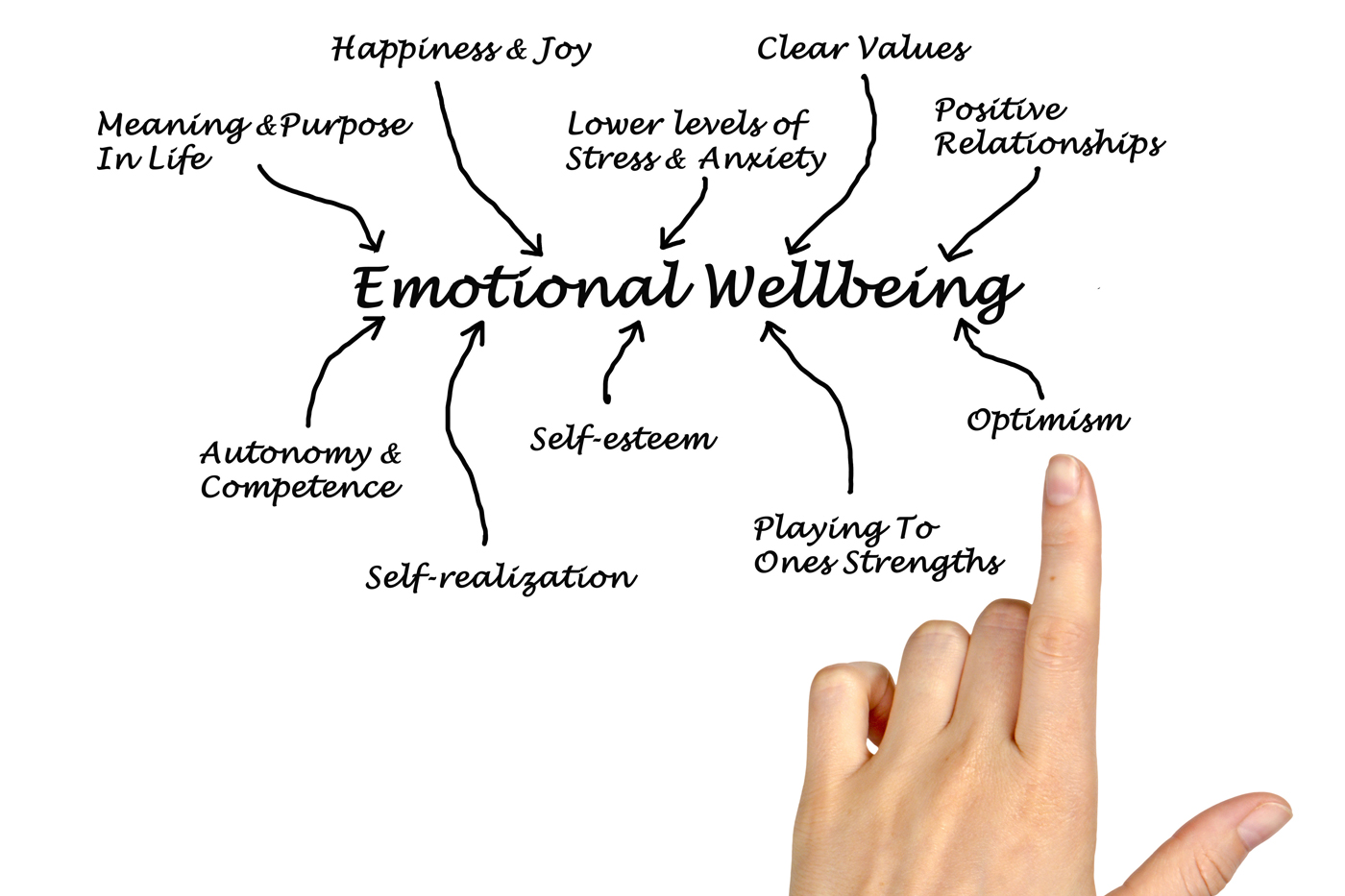
What if you took a moment to stop, feel, and talk to your emotions?
What would actually come from that conversation? Would you find out information about your real needs and desires? Would you actually start to process some of the things in your life holding you back?
Do you take the time to truly listen to your emotions?
They speak to us in so many ways, but most of us are too distracted or too hurt by past un-felt emotions to really stop and listen. We miss the opportunity to start feeling, which is the only way to start the healing.
There is a current standard of belief that our thoughts create our emotions. This can be true in some cases, but it is not always true, and it is just not that simple.
This type of logic keeps people “in their heads” and disconnected from their bodies.
When science and rationality became the dominant worldview of the intellectual West during the “Enlightenment” period, thought was given a higher status than emotion. This ideology can be seen today in the current practices of coaches, teachers, and courses that promote how “changing your thoughts will change your life”. Unfortunately, they are missing the whole picture.
Understanding your emotions, why you have them, and what purpose they serve is the key to really shifting your life.
Advising a person to simply change their thoughts, and to not take things personally, denies the reason those uncomfortable emotions showed up in the first place.
When you feel an emotion, it does not necessarily mean that there was a thought that created it.
Here are eight examples showing that it’s not always our thoughts creating our emotions, and why our emotions are so valuable:
- Babies cry because of an emotional and physical need, not because they are thinking.
- Trauma: We get physically and emotionally hurt from abuse, neglect, accidents, illness, etc. Not because of how we are thinking, but because by nature we are emotional beings.
- We then repress our pain from the trauma because we were taught to not feel bad and to not talk about it.
- Our repressed emotions, stored in the body, get triggered from other people and situations that are similar to the original trauma for us to FEEL to release the original trauma. Often, our repressed emotions create our physical symptoms and unhealthy patterns.
- Someone you love dies, and you cry because you care about them. Crying helps you process painful events. You may always miss them, but the grief is not created by a thought.
- Someone is abusing you, so in response, you become angry to protect yourself and to stop the abuse. The emotion of anger is a natural instinct, and it arises to protect you from danger: it’s not created by a thought.
- Empathic people feel others’ emotions, typically without awareness. They don’t create this experience with thoughts; they just feel what someone else is feeling.
- Our intuition lies within our bodies. We may have a thoughtful intention, for example, to enjoy socializing with a certain crowd of people, but not feel the same desire on a gut level.
The thing that most courses, teachers, and coaches in the field of healing do not offer these days is the process of identifying and releasing repressed emotions and listening to your own intuition in order to truly heal yourself.
This involves knowing your core emotional wounds, patterns, and physical symptoms in order to finally realize your true potential.
In my own personal healing journey, I learned that my physical symptoms, addictions, and emotional triggers were there as messengers for me to connect back to my core self and begin the healing process.
The path to true healing — even from the physical symptoms and relationship patterns caused by trauma — is through learning how to feel deep into the emotions that we need to converse with.
This conversation with your most guarded emotions can take place once you learn the tools to navigate your emotions, and you have the right support available to help you move through your process.
Isn’t it time you start the conversation and become emotionally available to yourself?
There are lots of different practices out there to help you begin this process, I can only speak from my own experience and my own journey. I know that the tools I have developed actually help people shift, and empower them to feel and understand their emotions in order to make huge positive changes in their lives.
Lots of love,
Elicia
